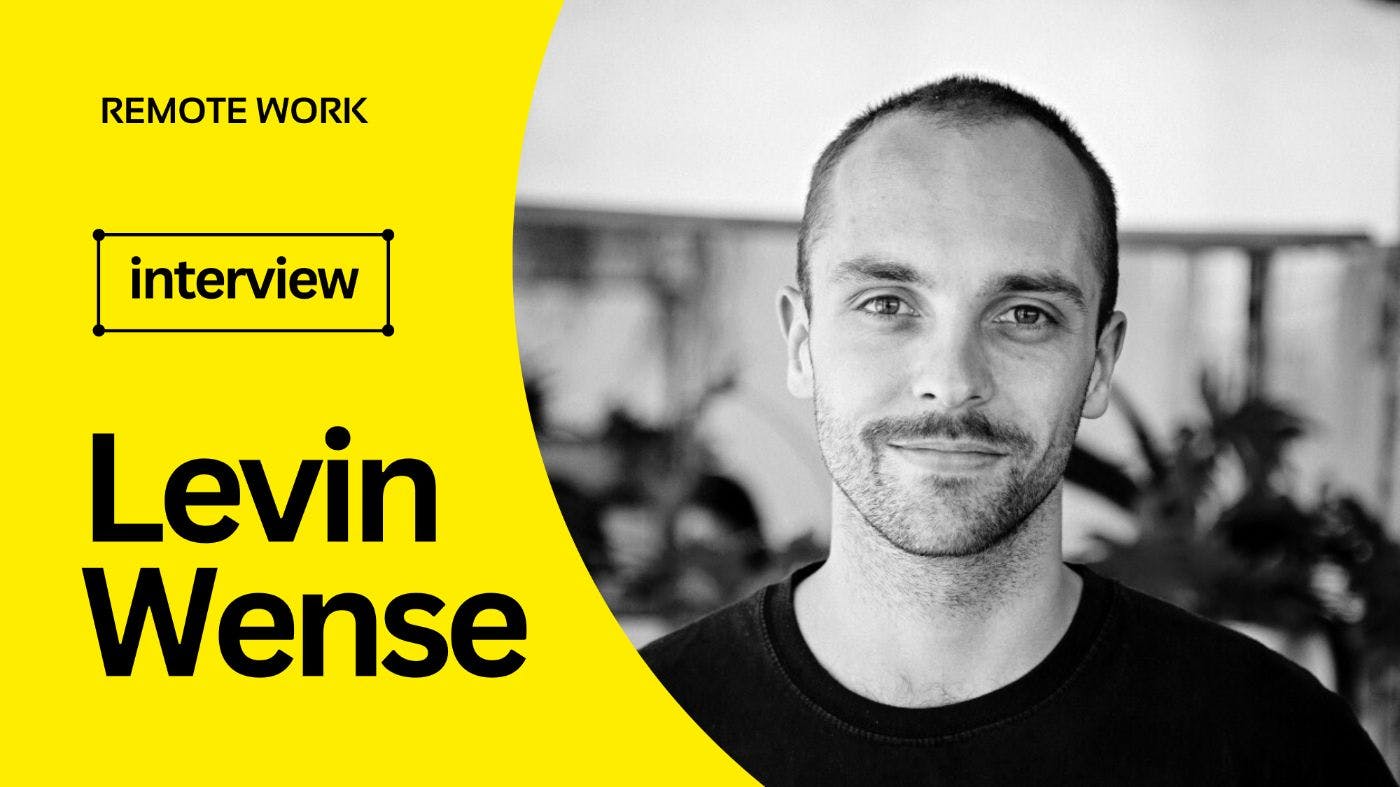392 reads
Hiring Remote Tech Talent: Overcoming the Challenges, Maximizing the Benefits
by
January 18th, 2023
Audio Presented by
Technology enthusiast with a focus on AI, startups and blockchain, bringing the latest news and insights to readers.
About Author
Technology enthusiast with a focus on AI, startups and blockchain, bringing the latest news and insights to readers.
